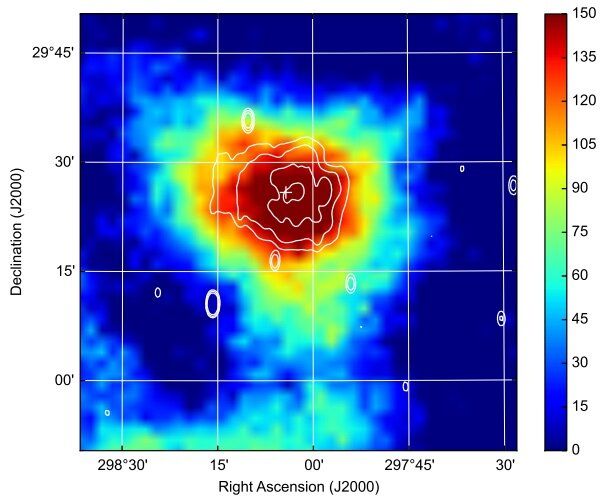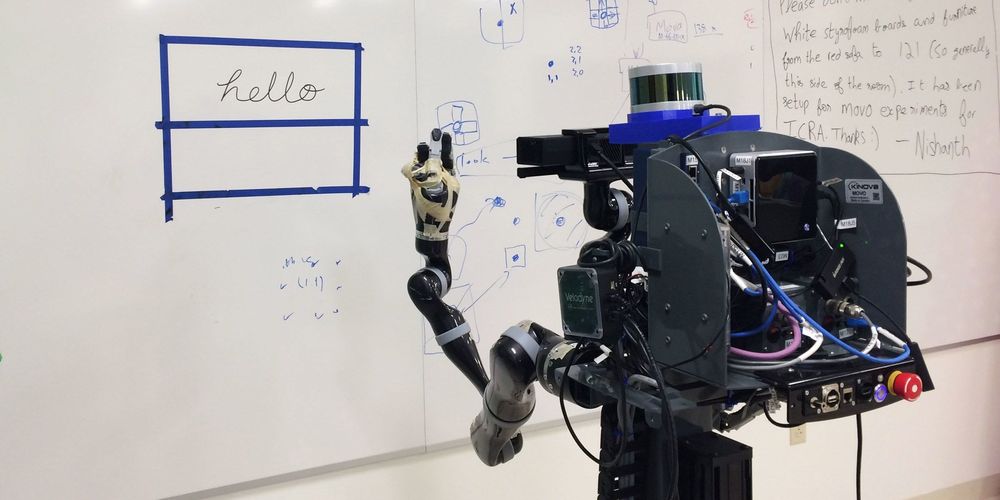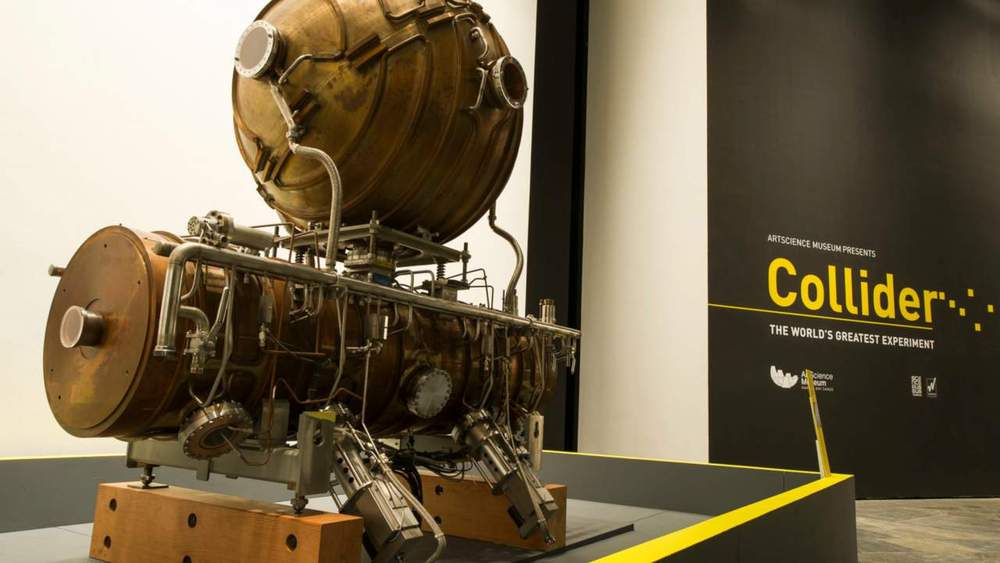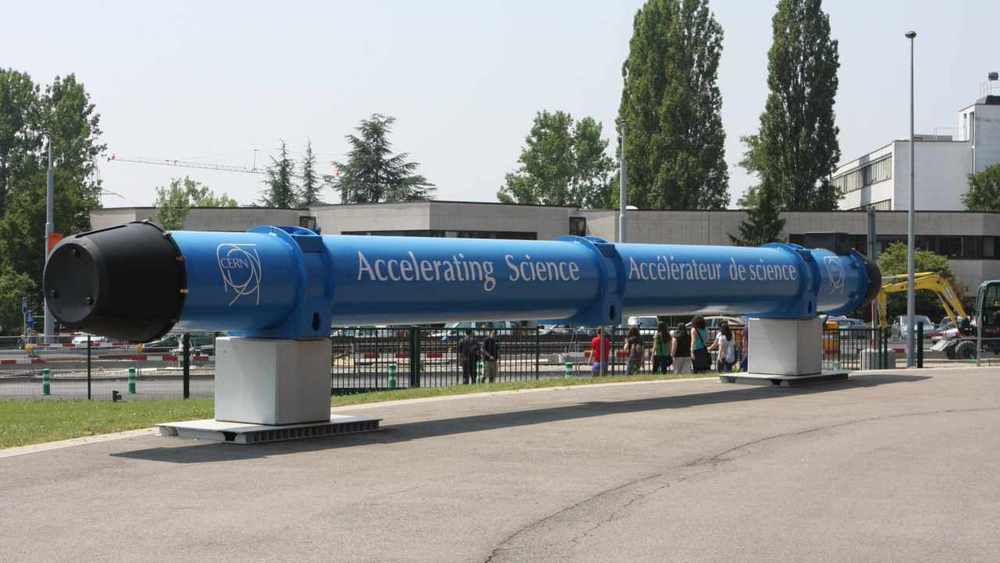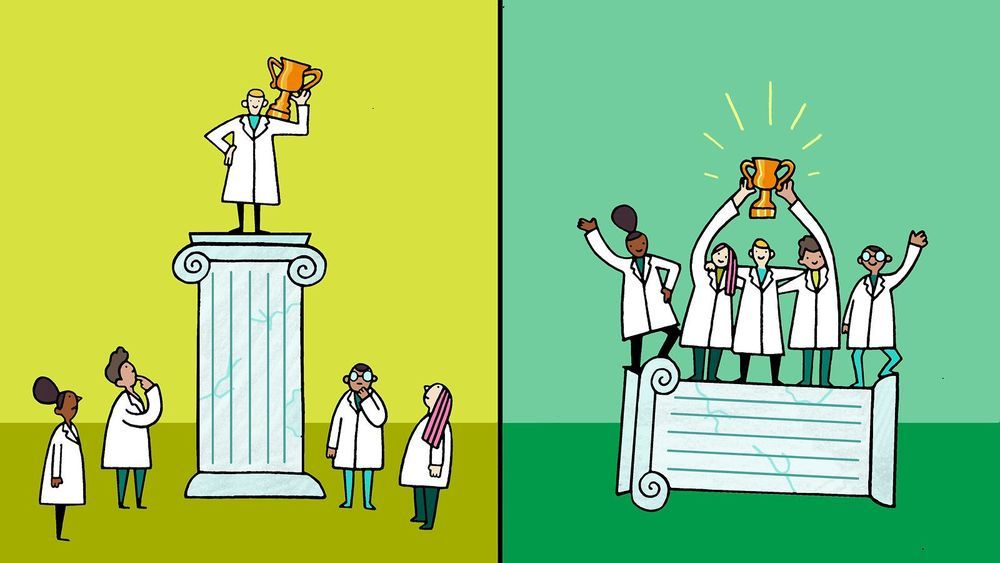May 27, 2019
Astronomers investigate pulsar wind nebula DA 495
Posted by Genevieve Klien in categories: cosmology, particle physics, space travel
Astronomers have carried out a multiwavelength investigation of a pulsar wind nebula (PWN), designated DA 495, to unveil its mysterious physical nature. Results of the study, based on observations using HAWC and VERITAS ground-based observatories as well as NASA’s NuSTAR spacecraft, are presented in a paper published May 17 on arXiv.org.
Pulsar wind nebulae (PWNe) are nebulae powered by the wind of a pulsar. Pulsar wind is composed of charged particles; when it collides with the pulsar’s surroundings, in particular with the slowly expanding supernova ejecta, it develops a PWN.
Particles in PWNe lose their energy to radiation and become less energetic with distance from the central pulsar. Multiwavelength studies of these objects, including X-ray observations, especially using spatially-integrated spectra in the X-ray band, have the potential of uncovering important information about particle flow in these nebulae. This could unveil important insights into the nature of PWNe in general.
Continue reading “Astronomers investigate pulsar wind nebula DA 495” »
